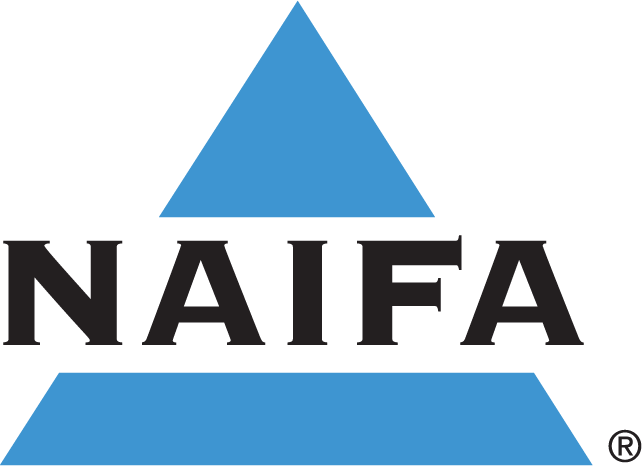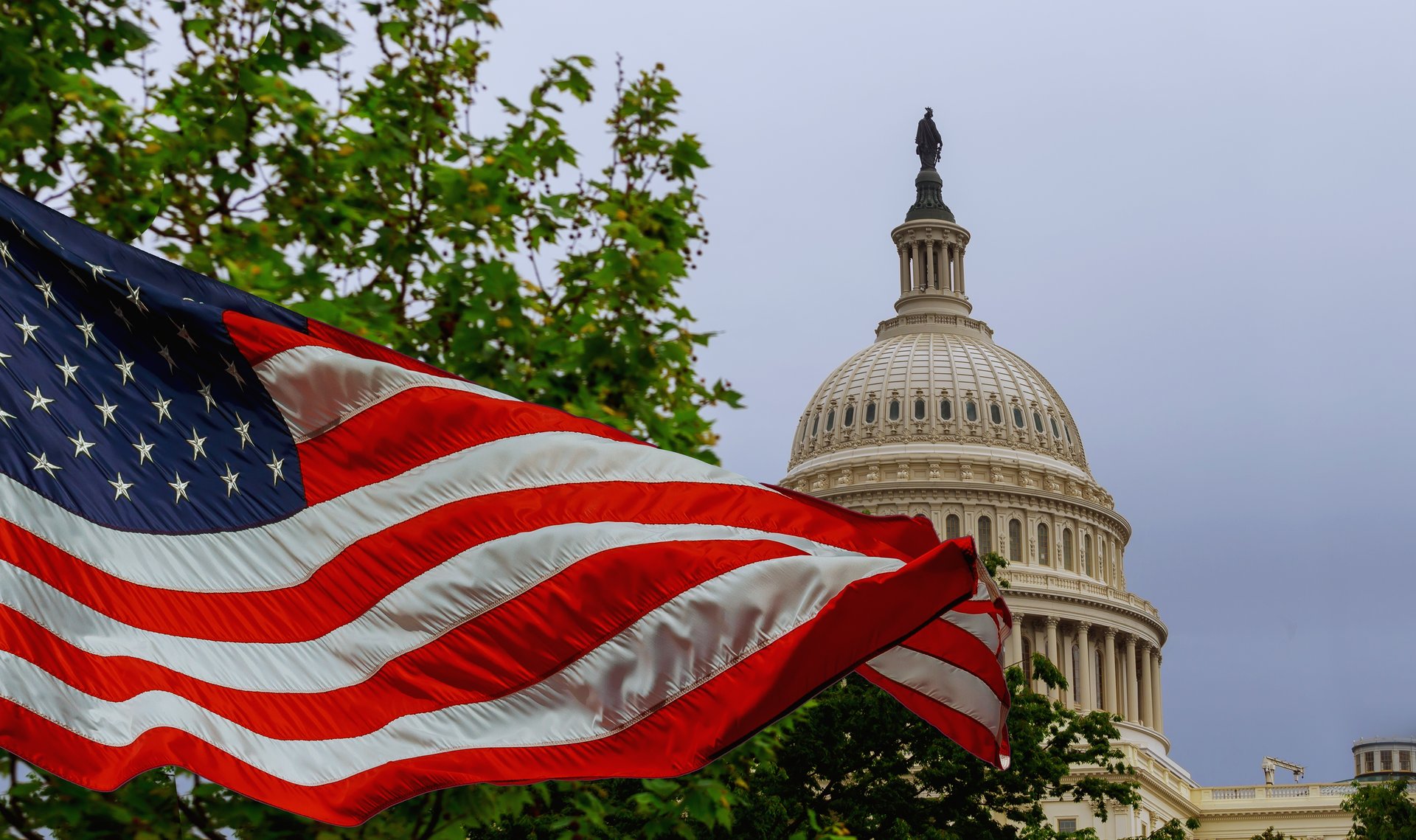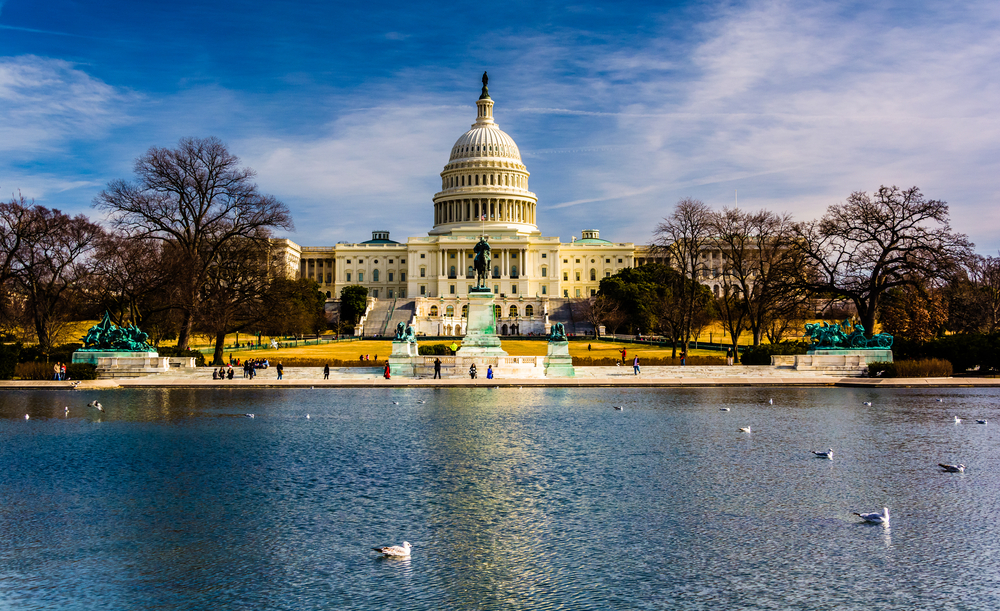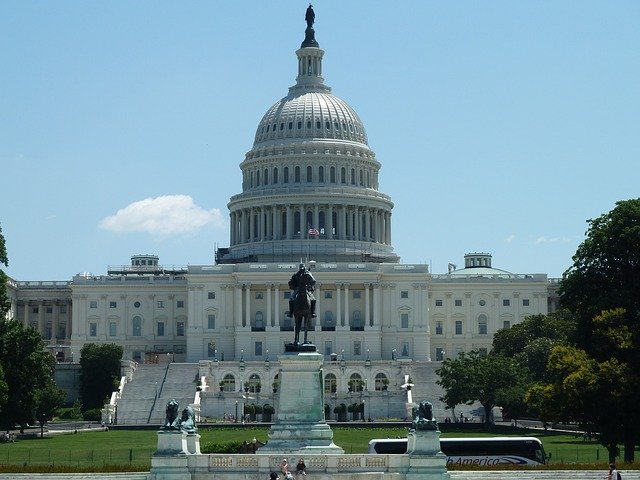On July 27, the House of Representatives passed H.R.3962 the Securing and Enabling Commerce Using Remote and Electronic Notarization Act (the SECURE Notarization Act). The bill authorizes a notary public to notarize electronic records related to interstate commerce remotely, subject to specified procedures.
Generally, remote electronic notarizations would be authorized subject to the following requirements:
- The notary public has to be commissioned under state law.
- The notary public will have to identify an individual by using personal knowledge or obtaining evidence from a third party providing identity verification through a review of public or private data or from an oath or affirmation of a credible witness via physical presence or communication technology.
- The notary public will have to create/retain audio and visual recording of the remote notarization, and the recording would have to be kept for a period certain set by state law or for five years, whichever is longer. If there is no state law, the recording would have to be kept for 10 years.
The bill also requires federal courts and states to recognize remote notarizations, and states are empowered to set up their own requirements for remote notarization. There is companion legislation, S.1625, pending in the Senate. However, Senate action, either in the Judiciary Committee or on the Senate floor, has not yet been scheduled.
